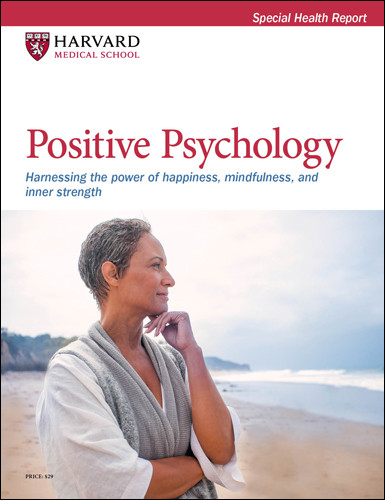Is U.S. life expectancy getting shorter?
Ask the doctor

Q. For my whole life, it seemed that life expectancy in the United States kept getting longer. Now, I hear it's getting shorter. What is happening?
A. During the 20th century, life expectancy in the United States increased dramatically. It may be hard to believe, but in 1900, life expectancy in the country was only about 50 years. By 2019, it had risen to nearly 79. From 2020 to 2022, life expectancy here did start to drop (the COVID pandemic was one important reason). Then in 2023 it started to rise again.
The rise in U.S. life expectancy did not occur equally in all people, however. For example, life expectancy in Native Americans is more than 10 years shorter than for the average person in the United States. And life expectancy for men is about six years shorter than for women.
Another way of looking at how we're doing is to compare our life expectancy to that in other wealthy nations. A study published by the National Academies of Sciences, Engineering, and Medicine in the June 2023 issue of PNAS Nexus found that between the 1930s and the mid-1980s, U.S. life expectancy was generally longer than in other wealthy nations: we were not only doing better compared to our own past, we also were doing better than our peers. However, since the mid-1980s, we've been doing progressively and dramatically worse.
For example, if the United States had done as well as other wealthy nations, from 1980 through 2019 we would have lost 335 million fewer years of life. And during 2020 and 2021, 2.1 million fewer people would have died. Compared to other wealthy nations, the United States also is falling behind in other health measures such as maternal mortality and infant mortality.
Why is a country with arguably the most advanced medical technology in the world — much of it invented here — falling behind when it comes to life expectancy? For one thing, we don't make health care as widely available to all of our people as do other wealthy countries. Tens of millions of Americans still have no health insurance.
Perhaps even more important, a nation's health is not only determined by the abundance of its medical technology. It's also determined by people's lifestyle and financial circumstances, and by the investments made by their society in things that affect health: controlling air and water pollution, creating parks and playgrounds, and providing support for healthy nutrition, child care, and addiction treatment.
After the turn of the 20th century, the United States led the world in progressively increasing life expectancy. Since the 1980s, we have been increasingly losing ground. As a society, will we try to do something about this? Do we care, and, if so, how much?
Image: © Ippei Naoi/Getty Images
About the Author

Anthony L. Komaroff, MD, Editor in Chief, Harvard Health Letter; Editorial Advisory Board Member, Harvard Health Publishing
Disclaimer:
As a service to our readers, Harvard Health Publishing provides access to our library of archived content. Please note the date of last review or update on all articles.
No content on this site, regardless of date, should ever be used as a substitute for direct medical advice from your doctor or other qualified clinician.
















